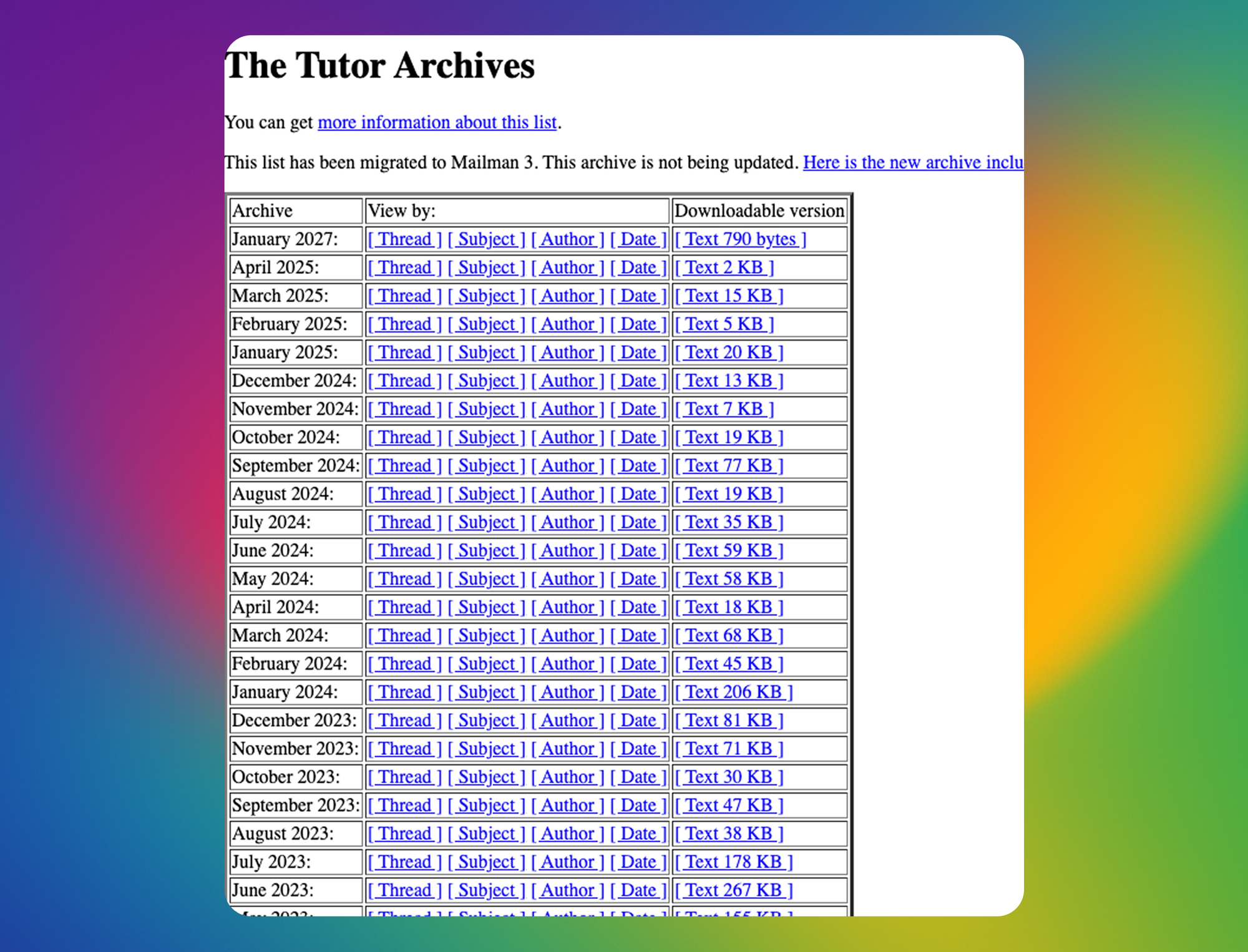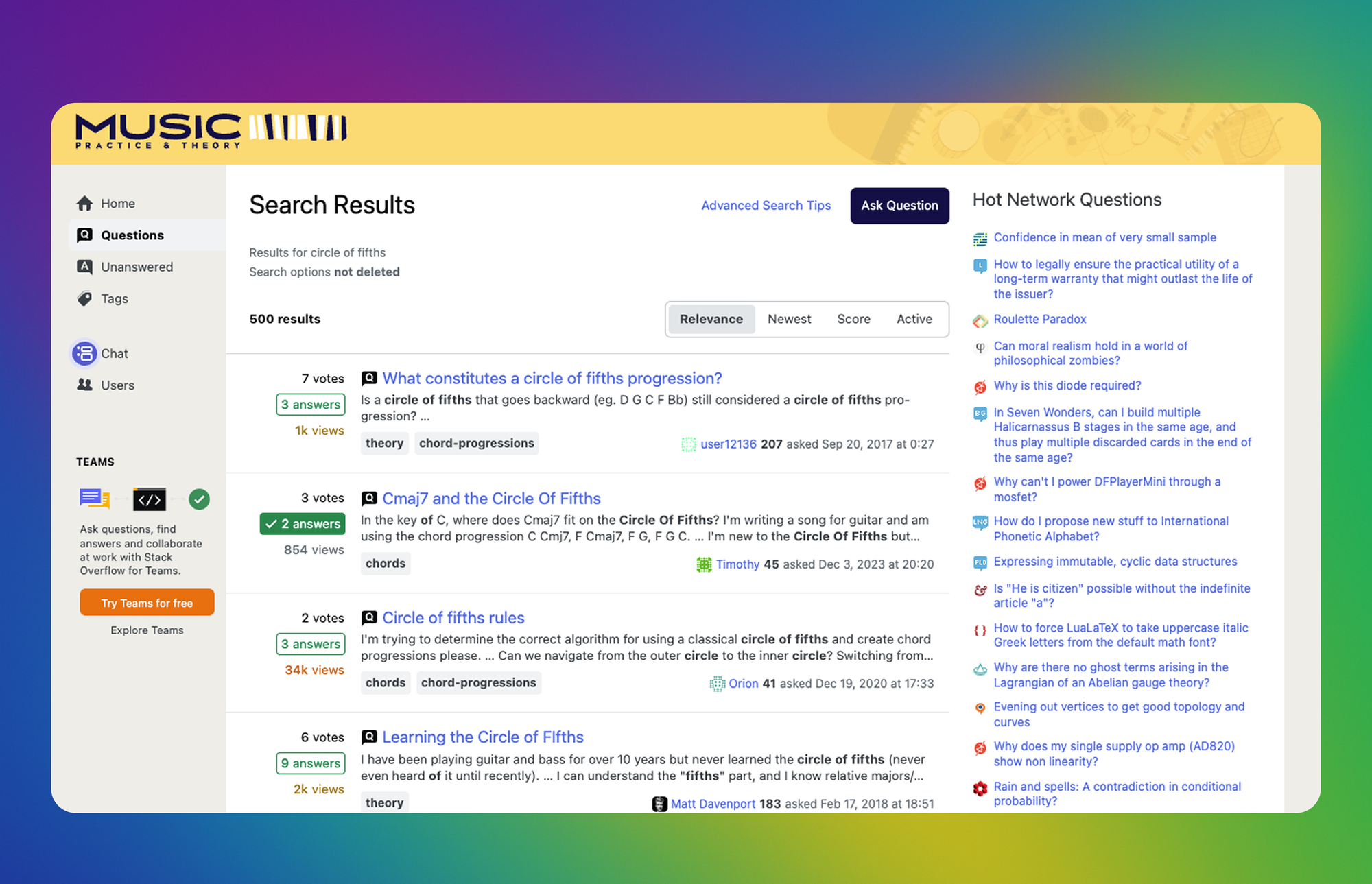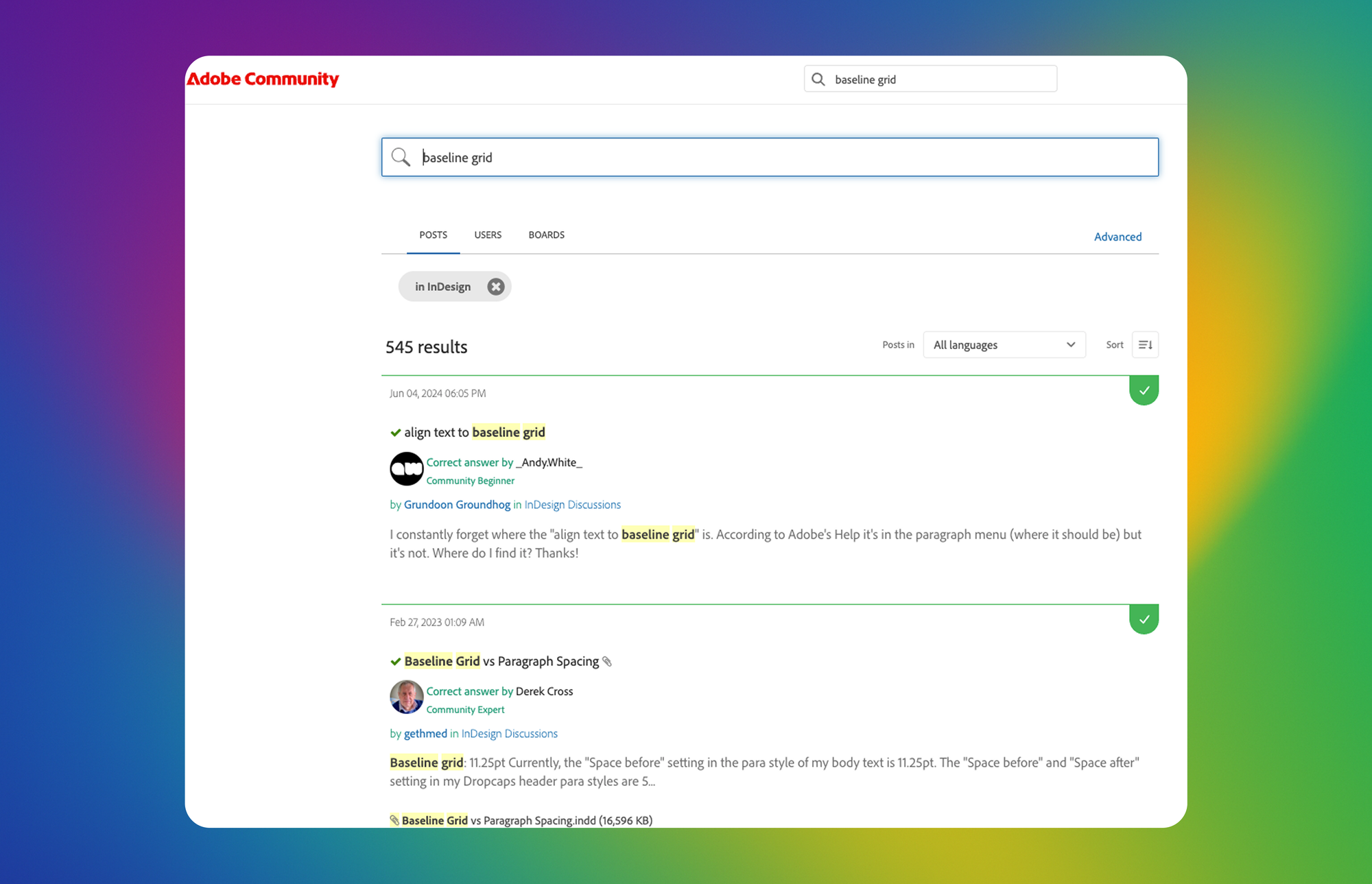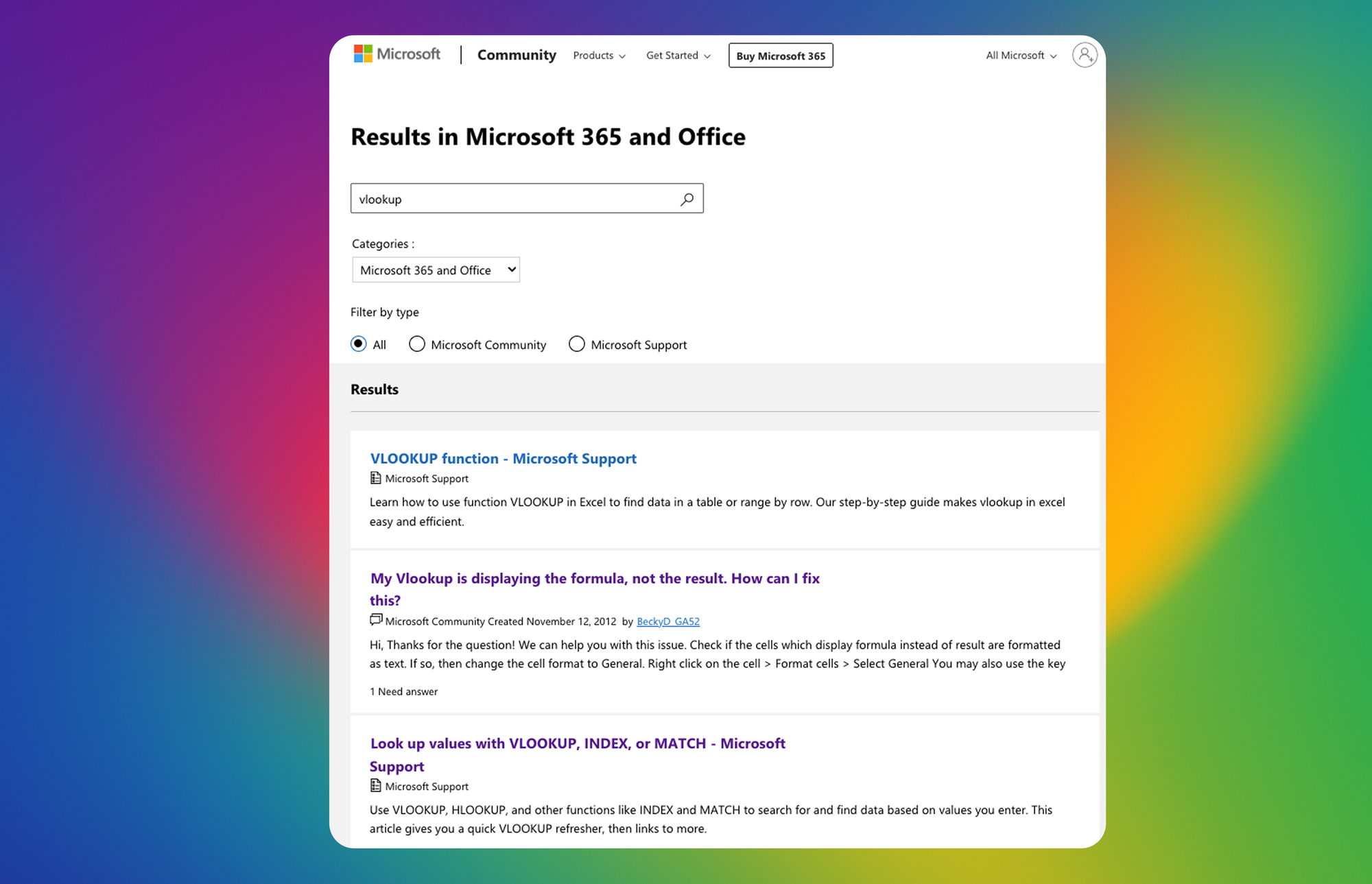How to master a tool or application: Learn from the community.
The best way to learn a product with a longer skill acquisition curve is to actually try it out and get hands-on experience.
The best way to learn about stock market trading is to actually put some money in, make mistakes, keep a journal, and improve. No matter how many books you read or YouTube videos you watch, your rate of learning increases when you have actual skin in the game.
Another way I discovered and embraced along the way is learning from the community, especially discussion and Q&A forums.
Expanding the thought:
Learning from Community Forums (Not Chat Apps)
When I say “community,” I don’t mean Slack, Discord, or any chat-based applications. I’m referring to the good old forums—discussion boards where people post questions, share insights, and solve real-world problems around a tool or product.
Here’s how I typically learn a new tool—be it a programming language, a work-related platform, or something for personal use:
- Hands-On First
I start by trying the product—often using a free trial—to get a feel for its interface and see if it can do the basics I need. - Read the Docs
I dive into the documentation next. It helps cut through marketing fluff and gives a clearer idea of what the product actually delivers. - Explore the Forums
Once I understand my needs and the product’s promise, I go deep into community forums. I look up:- Top questions of the month or year
- Commonly asked issues
- Specific features or pain points via keyword search
Forums offer multiple entry points into a product—whether it's APIs, integrations, edge cases, or hidden capabilities. This non-linear learning helps me see how people actually use the tool, what problems they face, and how they solve them.
Over a couple of months, I might read through 500+ posts per tool. This gives me a solid feel for its strengths, weaknesses, and even undocumented features. Tracking the community helps me learn from others’ mistakes, creative workarounds, and practical advice.
In short, forums are an underrated but powerful way to truly understand a product, beyond what the docs or marketing pages tell you.
Here are a few examples of tools and apps where community discussions have really helped:
Python
When I began my journey with Python, I discovered that the official mailing list was like a treasure trove of knowledge! It allowed me to explore the history of how early adopters embraced the language, dive into discussions about language features, and uncover helpful tutorials on accomplishing various tasks.
1. Archive of Python discussion mailing list
2. Archive of Python Tutor mailing list

Music Theory
Most engineers and developers are familiar with Stack Overflow—it's the go-to destination when you're stuck with a Python or JavaScript error. Just copy and paste the error message into a search engine, and odds are, the first result is a Stack Overflow thread. But with the rise of AI tools like ChatGPT, many are now shifting to these models for help.
What many people don’t realize, however, is that Stack Overflow is just one part of a much larger ecosystem called Stack Exchange. Stack Exchange is a network of Q&A communities covering over 180 diverse topics—not just programming. It spans everything from Mathematics, Linux, English, and Literature to Mac OS, Travel, and Finance.
One of the lesser-known yet incredibly valuable communities I personally follow is Music: Practice & Theory. As an adult learner of music—specifically the piano—I found this community to be a treasure trove of information.
Coming from a country where Western music isn't widely taught, finding reliable tutors, books, or even structured learning material can be very challenging. Beginner books and self-guided resources are rare, and local tutors in Western classical music are even rarer.
That’s where Music Stack Exchange became my guide. It’s a place filled with precise, insightful, and extremely helpful discussions on everything from practice routines and technique to the historical and theoretical aspects of Western music. The quality of content is consistently high, and the community is welcoming to learners at all levels.
Whether you're a beginner or an advanced musician, this platform offers the kind of depth and clarity that’s hard to find elsewhere. It’s been instrumental in shaping my musical journey—and it’s a great reminder that learning communities exist in places you might not think to look.

Indesign
Adobe InDesign is a professional-grade tool for print design, where precision is critical—unlike digital design, there’s no undo once it's printed. Over the years, following the InDesign community has been invaluable in helping me not only master the tool, but also understand the real-world challenges of print production.
Community forums reveal the depth of the tool—offering technical insights, clever workarounds, and practical solutions to problems you may not face today but will be prepared for tomorrow. InDesign demands both technical skill and an understanding of the print process, and learning from the community helps you grow in both.

MS Excel
Finding relevant solutions online can be challenging, especially with the abundance of SEO-driven content. While it's certain that answers exist, searching the web often feels slower and less helpful than simply asking a knowledgeable friend or colleague.
When working with Excel formulas, I often run into issues that send me searching for solutions online. Despite the wealth of information available, finding the right answer is frustrating—especially when official resources like the Microsoft Excel Community forum rarely appear at the top of Google search results.
It's puzzling that accurate solutions don't rank higher in search, even though they're accessible. This highlights the value of online forums for learning new tips, discovering alternative approaches to data analysis, and understanding how others tackle Excel challenges in their work.

